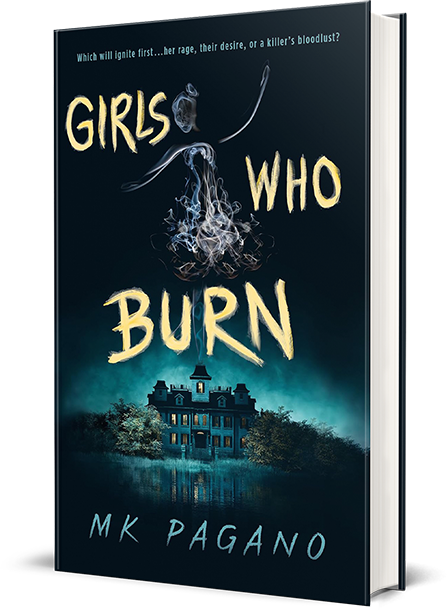Improve Your Writing: Show and Tell

I think Mondays are a good day for a quick writing lesson, don’t you? At the beginning of the work week I’m (usually) in a productive mindset. So going forward, on Mondays I’m going to be sharing some little tips that can improve your writing in a big way.
First up: On how (and why) not to show and tell
I’ve written about this before, because it’s my biggest pet peeve and such a clear marker of an amateur writer. I used to do it myself. I see it in first drafts. I even see it in published novels. And all I can think is: ARGH.
Show and tell is when you show your reader something and then, just in case they’re super dense, also tell them what’s going on. As a reader, I hate being pandered to that way. And as a writer, it makes me cringe. When you imply something, you don’t need to then state it outright.
An example of showing and telling:
“Don’t eat that,” I say. “It’s too hot.”
Cara looks right at me, as if taunting me, then ignores my advice and takes a bite of her pizza anyway. A moment later, she spits it out, fanning her mouth. Clearly, it was hot.
I smile, pleased I was right.
Compare that to:
“Don’t eat that,” I say. “It’s too hot.”
Cara looks right at me and takes a bite of her pizza. A moment later, she spits it out, fanning her mouth.
I smile.
Do you see how much better the second one is?
You don’t need to tell your reader that Cara is ignoring the narrator’s advice and then taunting her–you’ve already shown her doing those things. You don’t need to tell the reader the pizza’s hot–Cara’s actions imply this. Also, anytime you use the world “clearly”, that’s a red flag that you probably don’t need that sentence at all. Finally, you don’t need to tell your reader the narrator is pleased–the fact that she smiles is enough.
When you apply this to your own writing, it becomes tighter and just overall better.
Photo by Ignacio Correia on Unsplash


I really like this, thanks for sharing! I’ve definitely done this and I’ll probably catch myself doing it a lot more now..haha.
It’s a super easy mistake to make and I’ve only noticed it the more I read and write. Happy it was helpful!
Good tip! Too many prose pieces nowadays rely on telling, rather than showing. That bugs me, especially when I am helping the writer edit his/her piece. But I also know that it can be difficult to show than tell; the trick is to be economical- it’s amazing how much you can say in fewer words!
Exactly!
These are all wonderful tips! Thanks so much for sharing them!
You’re so welcome! Thanks for visiting!
This never even crossed my mind. Greatly appreciated
[…] I’ve already written about how one of my biggest pet peeves in books is showing and telling. I also wrote a post on how to not do that. […]
[…] And above all, remember not to do this! […]
[…] 2. The detailed descriptions make sense here because they’re in keeping with the setting–the Institute is an old, ornate kind of place, and the author really wants to impress that upon you. And angels tie heavily in with the entire book (though I think the line “as if the weight of the slab were breaking their backs” could be omitted–it’s already inferred. A classic case of showing and telling.) […]
[…] On How Not to Show and Tell, and to go along with that Terrible Examples From An Actual Published Novel of Showing and Telling […]